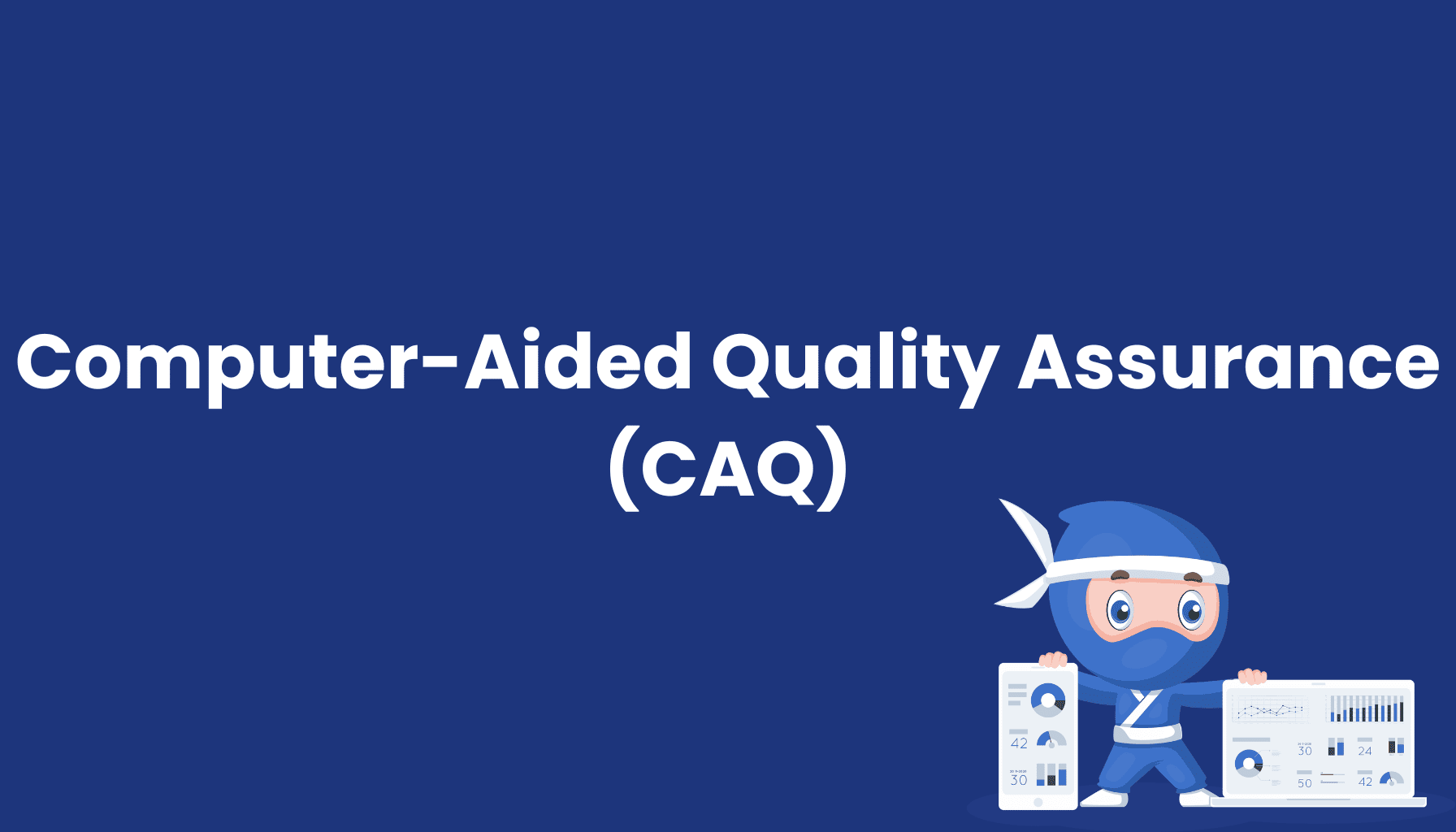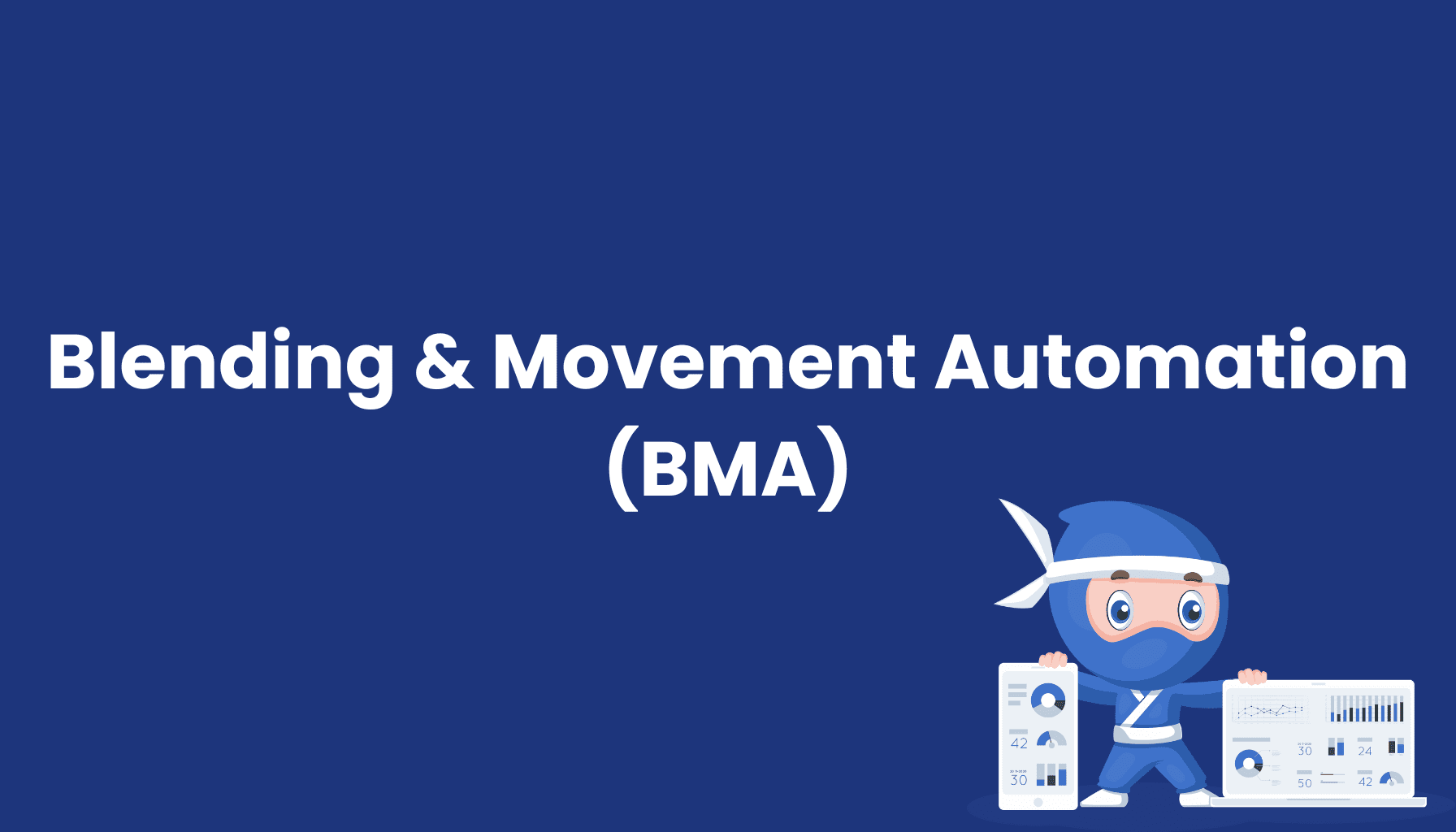Computer-Aided Quality Assurance (CAQ)

What is Computer-Aided Quality Assurance (CAQ)?
Computer-Aided Quality Assurance (CAQ) is a software-based system designed to support and automate quality assurance processes within the manufacturing industry. CAQ systems are used to streamline production workflows, reduce errors, and ensure high product quality. This technology provides comprehensive monitoring and analysis of quality control through data management, test planning, and real-time monitoring.
Benefits of CAQ
-
Error Reduction: CAQ systems help identify and resolve errors early in the process. Continuous monitoring of production workflows allows for faster identification of deviations and quality defects.
-
Improved Product Quality: By integrating CAQ into manufacturing processes, product quality is consistently enhanced. The system's detailed analytical functions address quality issues immediately, allowing for process adjustments as needed.
-
Increased Efficiency: CAQ systems automate many manual steps in quality assurance, saving time and resources. This automation leads to overall higher efficiency and productivity.
Applications of CAQ
CAQ is widely used across various manufacturing sectors, from automotive and electronics to food and pharmaceuticals. Particularly in complex production processes, CAQ plays a vital role in maintaining the quality of products and services while ensuring compliance with regulatory requirements.
Customer Satisfaction through CAQ
By implementing CAQ systems, companies can significantly improve their product quality, leading to increased customer satisfaction. Consistent high-quality products build customer trust and foster long-term business relationships.





